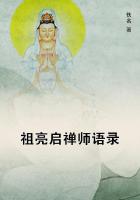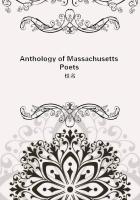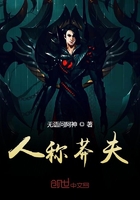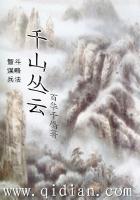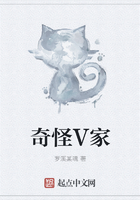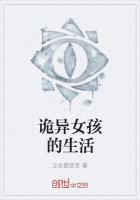Longinus seems to have had great sensibility, but little discrimination. He gives us eloquent sentences, but no principles. It was happily said that Montesquieu ought to have changed the name of his book from "L'Esprit des Lois" to "L'Esprit sur les Lois". In the same manner the philosopher of Palmyra ought to have entitled his famous work, not "Longinus on the Sublime," but "The Sublimities of Longinus." The origin of the sublime is one of the most curious and interesting subjects of inquiry that can occupy the attention of a critic. In our own country it has been discussed, with great ability, and, I think, with very little success, by Burke and Dugald Stuart. Longinus dispenses himself from all investigations of this nature, by telling his friend Terentianus that he already knows everything that can be said upon the question. It is to be regretted that Terentianus did not impart some of his knowledge to his instructor: for from Longinus we learn only that sublimity means height--or elevation. (Akrotes kai exoche tis logon esti ta uoe.) This name, so commodiously vague, is applied indifferently to the noble prayer of Ajax in the Iliad, and to a passage of Plato about the human body, as full of conceits as an ode of Cowley. Having no fixed standard, Longinus is right only by accident.He is rather a fancier than a critic.
Modern writers have been prevented by many causes from supplying the deficiencies of their classical predecessors. At the time of the revivalof literature, no man could, without great and painful labour, acquire an accurate and elegant knowledge of the ancient languages. And, unfortunately, those grammatical and philological studies, without which it was impossible to understand the great works of Athenian and Roman genius, have a tendency to contract the views and deaden the sensibility of those who follow them with extreme assiduity. A powerful mind, which has been long employed in such studies, may be compared to the gigantic spirit in the Arabian tale, who was persuaded to contract himself to small dimensions in order to enter within the enchanted vessel, and, when his prison had been closed upon him, found himself unable to escape from the narrow boundaries to the measure of which he had reduced his stature. When the means have long been the objects of application, they are naturally substituted for the end. It was said, by Eugene of Savoy, that the greatest generals have commonly been those who have been at once raised to command, and introduced to the great operations of war, without being employed in the petty calculations and manoeuvres which employ the time of an inferior officer. In literature the principle is equally sound. The great tactics of criticism will, in general, be best understood by those who have not had much practice in drilling syllables and particles.
I remember to have observed among the French Anas a ludicrous instance of this. A scholar, doubtless of great learning, recommends the study of some long Latin treatise, of which I now forget the name, on the religion, manners, government, and language of the early Greeks. "For there," says he, "you will learn everything of importance that is contained in the Iliad and Odyssey, without the trouble of reading two such tedious books." Alas! it had not occurred to the poor gentleman that all the knowledge to which he attached so much value was useful only as it illustrated the great poems which he despised, and would be as worthless for any other purpose as the mythology of Caffraria, or the vocabulary of Otaheite.
Of those scholars who have disdained to confine themselves to verbal criticism few have been successful. The ancient languages have, generally, a magical influence on their faculties. They were "fools called into a circle by Greek invocations."The Iliad and Aeneid were to themnot books but curiosities, or rather reliques. They no more admired those works for their merits than a good Catholic venerates the house of the Virgin at Loretto for its architecture. Whatever was classical was good. Homer was a great poet, and so was Callimachus. The epistles of Cicero were fine, and so were those of Phalaris. Even with respect to questions of evidence they fell into the same error. The authority of all narrations, written in Greek or Latin, was the same with them. It never crossed their minds that the lapse of five hundred years, or the distance of five hundred leagues, could affect the accuracy of a narration;--that Livy could be a less veracious historian than Polybius;--or that Plutarch could know less about the friends of Xenophon than Xenophon himself. Deceived by the distance of time, they seem to consider all the Classics as contemporaries; just as I have known people in England, deceived by the distance of place, take it for granted that all persons who live in India are neighbours, and ask an inhabitant of Bombay about the health of an acquaintance at Calcutta. It is to be hoped that no barbarian deluge will ever again pass over Europe. But should such a calamity happen, it seems not improbable that some future Rollin or Gillies will compile a history of England from Miss Porter's Scottish Chiefs, Miss Lee's Recess, and Sir Nathaniel Wraxall's Memoirs.
It is surely time that ancient literature should be examined in a different manner, without pedantical prepossessions, but with a just allowance, at the same time, for the difference of circumstances and manners. I am far from pretending to the knowledge or ability which such a task would require. All that I mean to offer is a collection of desultory remarks upon a most interesting portion of Greek literature.



